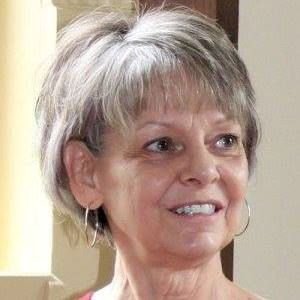What I Love About Spoons
/Nora Curry
the possible
smallness or enveloping
wideness, the curve in—
to warm oats, the stir into
hot tea, the nourish—
ment, the making, gui—
dance through different
forms, liquid to
thickening, the absolute
possible smallness—scooping
of potato, sweet—the holding,
the lift, the moment in
air—the pause—the sweet
holding
Author’s Statement: Sometimes I write a poem and struggle to find an appropriate title, but in this case, the poem began with the title and is in some ways very simply a riff on this idea of loving an everyday object. At its core is an idea that the simple things we interact daily perhaps deserve their own odes and an attentiveness that we don't always give them. Maybe there's a reason something seemingly small carries so much weight in our lives, by threading its way through so many of our moments, and I wanted to explore that idea here, in a short piece of verse.
Nora Curry is a librarian and poet hailing from New York and finding refuge in Maine. She is a poetry and creative nonfiction reader for Wild Roof Journal, Kitchen Table Quarterly, and the Maine Review. Nora's work has been published in Bennington Review, Cimarron Review, the Aurorean, The Field Guide Poetry Magazine, and deLuge Journal, and often grapples with nature, sense of place, and intergenerational relationships.










